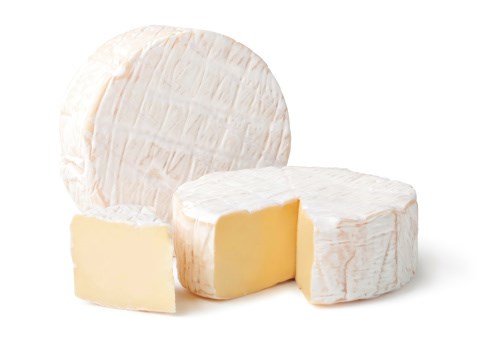The question of “why Canadian cheese tastes different?” might sound like a rhetorical question, and it is.
Of course milk produced in Canada is different from milk produced in parts of Europe, so inevitably Canadian made cheeses will always taste different from European cheeses they imitate.
Canada has some beautiful local cheeses, but Canada – let alone BC – is a young cheese-making region, unlike Europe.
European cheesemakers come from generations of artisans and cheesemaking schools, while in Canada cheesemaking schools do not even exist yet; so the art of cheesemaking is still relatively raw.
The Canadian production of cheese is also a lot more sterile than European techniques and practices.
Sure it means we’re clean and safe, but it affects flavour and final product.
The fact is, certain moulds and certain bacteria taste better, and it plays a significant role in the science and composition of artisanal cheese.
Canadian cheese-making facilities are different and it’s a challenge for artisanal cheesemakers to replicate old cheese environments while reaching the sterile Canadian regulations and specifications.
Unlike their European counterparts, Canadian cheesemakers can't ripen their cheeses underground in ancient caves. The aging rooms or stainless steel “caves” used here cannot achieve the same results as a natural cavern.
As to why Canadian-made parmesan and brie etc., can often cost more than the “real thing” (parmesan made in Italy and brie made in France), is partially because it is challenging and expensive to get permits and licenses to produce local cheese.
The cost of labour, raw ingredients – such as a regulated milk source – and high operational costs contribute to the relatively expensive costs of locally made artisanal cheese.
So what now? Stop buying local cheeses? No, buy what you want, but know what you’re investing in. Supporting the local cheesemakers is important and it’s the only way to grow the industry. However investing in a combination of local and imported cheese is not a bad thing.
Find Mijune at the Summer Wheat Harvest Festival and Rustichella d'Abruzzo pasta’s 90th anniversary in Abruzzo, Italy along with La Grotta Del Formaggio’s Corporate Chef, Alex Tung. Follow their adventures at #PastaParty, #FMFinAbruzzo, #FMFinRome and #FMFinNaples.
Find out more about Mijune at FollowMeFoodie.com or follow her on Twitter and Instagram @followmefoodie.



